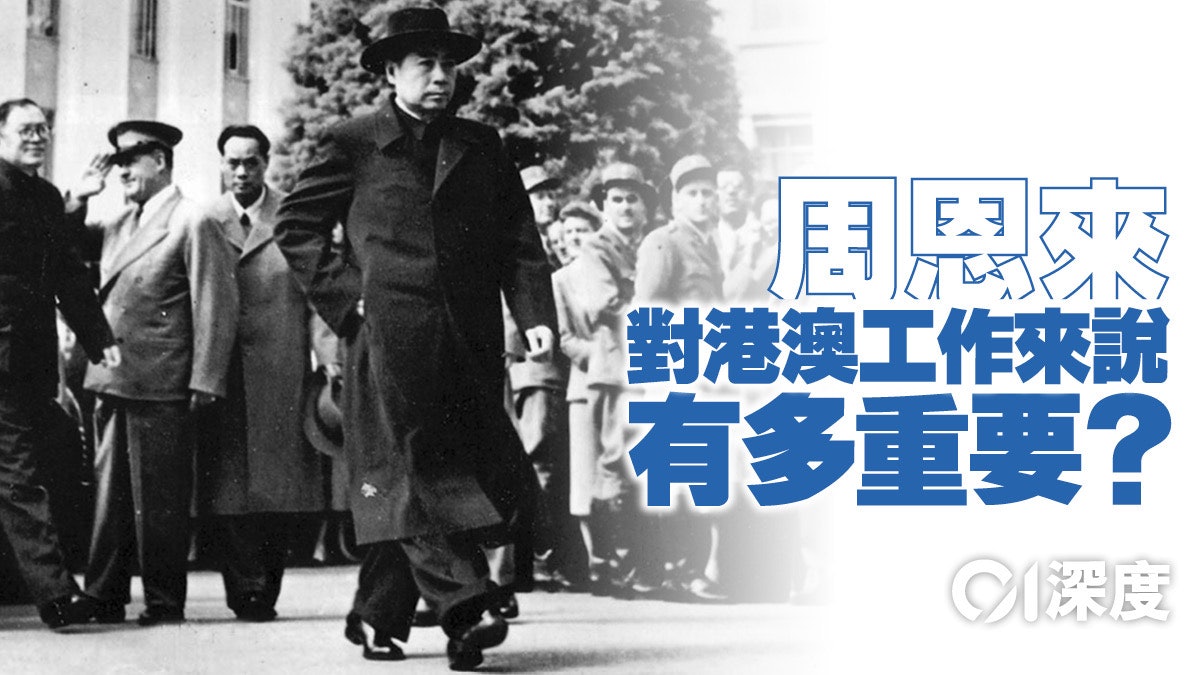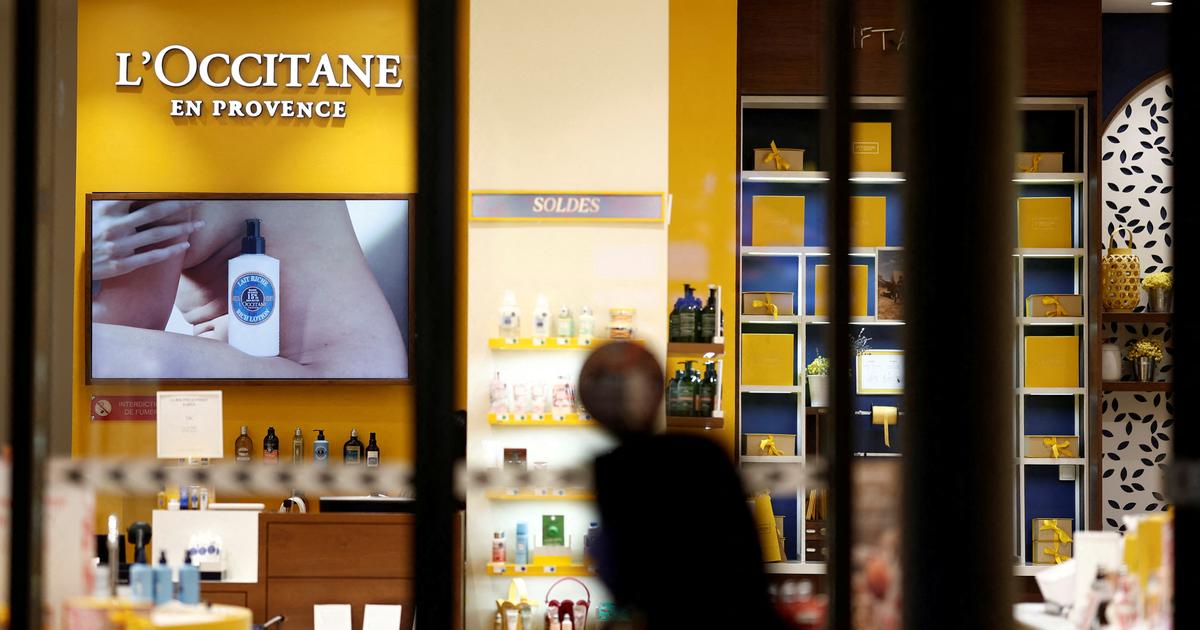Cao Erbao, an adjunct professor at the Shenzhen International Graduate School of Tsinghua University, who was the head of the Research Department of the Liaison Office of the Central People's Government in Hong Kong and a special researcher at the Counselor's Office of the State Council of China, held a seminar on the history of the Communist Party of China in Hong Kong and Macao at the Party History and Literature Research Office of the Shenzhen Municipal Committee of the Communist Party of China on June 7 last year. Lectures in a special chapter detail the historical origins of Hong Kong and the CCP, as well as Hong Kong's unique and unparalleled position in the country.
This article is the third section of the first chapter of Cao Erbao's lecture "Learning the History of the Communist Party of China, Hong Kong and Macao Chapter One (1921-1949)". The struggle includes representatives of the correct line of work in Hong Kong and Macau; originally published on the WeChat public account "One Shot Sees the World" and reproduced with permission from "Hong Kong 01".
"Cao Erbao on the CCP and Hong Kong" Series 3
Cao Erbao on the CCP and Hong Kong. 1|Labor Movement Linkages Hong Kong is the place where the CCP's "initial aspirations sprout"
Cao Erbao talks about the CCP and Hong Kong.
2|The tragic national conditions and special party conditions inspire extraordinary policies towards Hong Kong
[03] Dark groping is the most bright spot
In September 1936, the Northern Bureau of the Central Committee of the Communist Party of China sent people to Hong Kong to restore the provincial leadership of the Hong Kong and Macao party organizations, called the "Southern Provisional Committee" (referred to as "Southern Committee").
Before, in January 1935, at the Zunyi Conference on the way of the Red Army's Long March, the Communist Party of China established Mao Zedong's leadership and core position in the Central Committee; in December of the same year, the Long March ended and the Central Committee of the Communist Party of China stationed in the only remaining revolutionary base in the Shaanxi-Gansu Border Region; After that, Liu Shaoqi was dispatched to North China and established the Central Northern Bureau.
Zhou En said that as early as the beginning of the Long March, he "strongly advocated for Mao Zedong to enter the Standing Committee of the Political Bureau of the Central Committee"; after the Gouba meeting and the "four crossings of Chishui", he was even more "convinced that only Mao Zedong could make the Red Army out of the valley of death."
Zhou Enlai's firm belief comes from the CCP's "groping in the dark" (Deng Xiaoping's words).
The highlight of this kind of "groping" is that during the Second Revolution under the "tragic national conditions" and "special party conditions", Zhou Enlai creatively put forward the idea of while presiding over the daily work of the Central Committee of the Communist Party of China in Shanghai (which has been transferred to the underground). Principles, strategies and methods of urban underground struggle and hidden fronts, and successfully put into practice.
On June 25, in Beijing, there is a special area for the return of Hong Kong in the History Exhibition Hall of the Communist Party of China.
(Mark Schiefelbein/The Associated Press)
1. Zhou Enlai on the urban underground struggle.
For Zhou Enlai, from November 1927 (to Shanghai to attend an emergency meeting of the Central Committee of the Communist Party of China) to April 1931 (to deploy the Central Committee of the Communist Party of China to transfer from Shanghai to the Central Soviet Area on the border of Jiangxi and Fujian), in less than 4 years, the instructions on the underground struggle in the city , Cao Erbao did preliminary collection and sorting.
The main points are as follows:
(1) In November 1927, Zhou Enlai pointed out: the CCP's urban secret agencies must be socialized, that is, they must have a cover identity that is suitable for the local situation at that time and is not easy to arouse suspicion;
(2) In May 1928, he instructed: CPC urban underground party members must be professionalized, that is, they must "exist in a legal and semi-legal state, and be deeply hidden among the masses"; they can even join "yellow labor unions";
(3) In December of the same year, he also instructed that the CCP urban underground organizations should "accumulate strength and wait for an opportunity, not to deploy riots, and not to wait for armed riots";
(4) From 1929 to 1930, he further instructed: the CCP's urban underground struggles should "not reveal strength, plan for a long time, take care of the future, and preserve the accumulated strength";
On this basis, Zhou Enlai systematically put forward the famous 16-character policy of urban underground struggle: "Shade the elite, lie in ambush for a long time, accumulate strength and wait for the opportunity".
Zhou Enlai (middle) is a representative of the CCP's urban underground struggle, including the correct line of work in Hong Kong and Macau.
(file picture)
2. Zhou Enlai created the CCP's hidden front.
According to historical data, he deeply remembered two lessons from the failure of a great revolution: one without information on the enemy's movements, and two without an organization to detect the enemy's situation.
With absolute loyalty to the CCP and the Chinese people, and his unique boldness and carefulness, he has made contributions in this regard:
(1) The "Sword of Wu Hao" is unsheathed.
"Wu Hao" is Zhou Enlai's pseudonym (homonym for "No. 5"), he founded the Central Special Operations Division (referred to as "Central Special Branch" or "Special Branch") with this prestige and four shocks.
When Teco was established in November 1927, he personally set three "no" principles: "No beating traitors, no open agents, and no kidnapping."
(2) Create a hidden front of the CCP.
Zhou Enlai led the CCP to independently establish a huge, invincible and invincible hidden front with the most Chinese (actually CCP) characteristics, which was fundamentally different from the Kuomintang, the U.S., Britain, and the former Soviet Union and other intelligence agencies based on the three "no-allowance" principles. A group of loyal CCP fighters and brave heroes who remain anonymous and have no regrets.
Cao Erbao once held a lecture on the Hong Kong and Macao chapters of the Communist Party of China in the Party History and Literature Research Office of the Shenzhen Municipal Committee of the Communist Party of China.
(online picture)
3. Highlights of "groping in the dark".
Cao Erbao believes that Zhou Enlai's creative exploration of urban underground struggles and hidden fronts is the most prominent "groping in the dark" by the CCP.
There are three things worth noting:
(1) It is worth noting that the party organizations of the CCP in Shanghai, like those in southern China, including Hong Kong and Macau, were in the same “tragic national conditions” and “special party conditions” during the Second Revolution, that is, the 10-year-old Kuomintang. Under the rule of "white terror" and the three "Left" lines within the CCP; Shanghai is also close to Nanjing, the center of the Kuomintang's reactionary rule, and the white terror is far more cruel and tragic than Hong Kong and Macau under foreign colonial rule.
Especially when the Central Committee of the Communist Party of China was in Shanghai, there were the biggest traitors: Xiang Zhongfa, the then general secretary, and Gu Shunzhang, the main person in charge of the Central Intelligence Department; among them, they took care of their relatives and fully grasped the addresses and contact information of the leaders of the central government and various departments of the central government and their families. .
(2) It is worth noting that all personnel of the Central Committee of the Communist Party of China and its subordinate central organs were basically transferred safely from April 1931 (Gu’s mutiny) until January 1933 (the intensification of the “white terror” in Shanghai); The Central Shanghai Bureau and local party organizations, which were not transferred, suffered the same serious losses as the Hong Kong and Macau party organizations and their provincial leadership because they were ruled by the "Left" line: "Almost all lost" (Mao Zedong)!
(3) It is worth noting that Hong Kong and Macau are also cities, and the party organizations in Hong Kong and Macau have been underground for a long time.
Cao Erbao said that revisiting Zhou Enlai's "groping in the dark" of the CCP's urban underground struggles and hidden fronts, which is the most bright point, gives us a deep understanding of the CCP's understanding and practice of Hong Kong and Macao, especially Hong Kong. Very inspiring and helpful.
You can also appreciate Zhou Enlai's outstanding contribution and historical position in the CCP and the Chinese revolution.
He believes that, in the process of the CCP leading the Chinese revolution, in addition to Mao Zedong representing the correct line of the whole party and Liu Shaoqi representing the correct line of the White District, it may be necessary to affirm that the representative of the CCP’s urban underground struggle, including the correct line of work in Hong Kong and Macau, is Zhou Enlai; He is also the founder and top leader of the CCP's hidden front.




/cloudfront-eu-central-1.images.arcpublishing.com/prisa/3I74UEXLYRBBRPGPSGWNN6WXH4.jpg)


